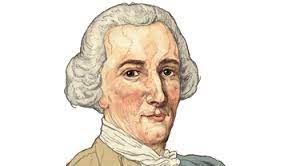
10 Fascinating Facts about Baldassare Galuppi
Baldassare Galuppi, an Italian composer of the Baroque and early Classical periods, left an indelible mark on the world of music with his innovative compositions[…]
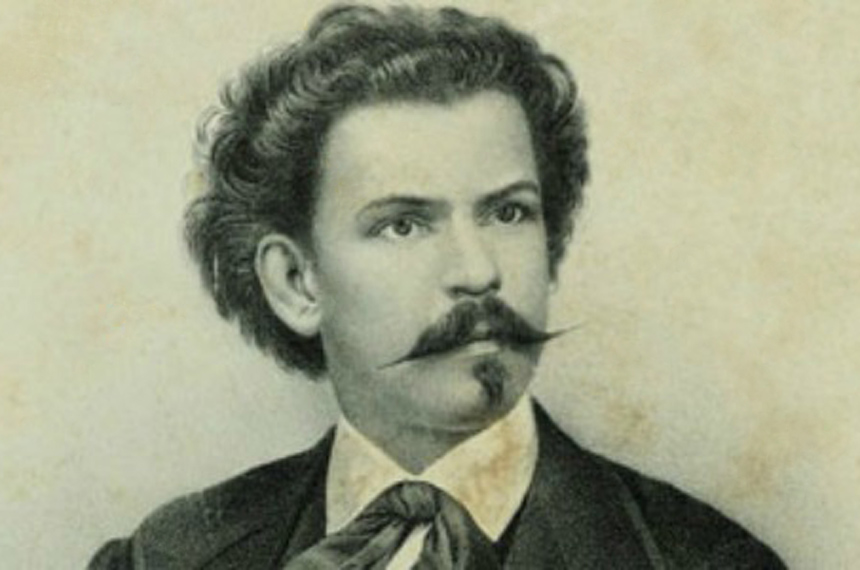
Carlos Gomes – Biography and Life
Carlos Gomes, born Antônio Carlos Gomes, was a Brazilian composer whose melodies continue to resonate through the annals of classical music history. Born on July[…]
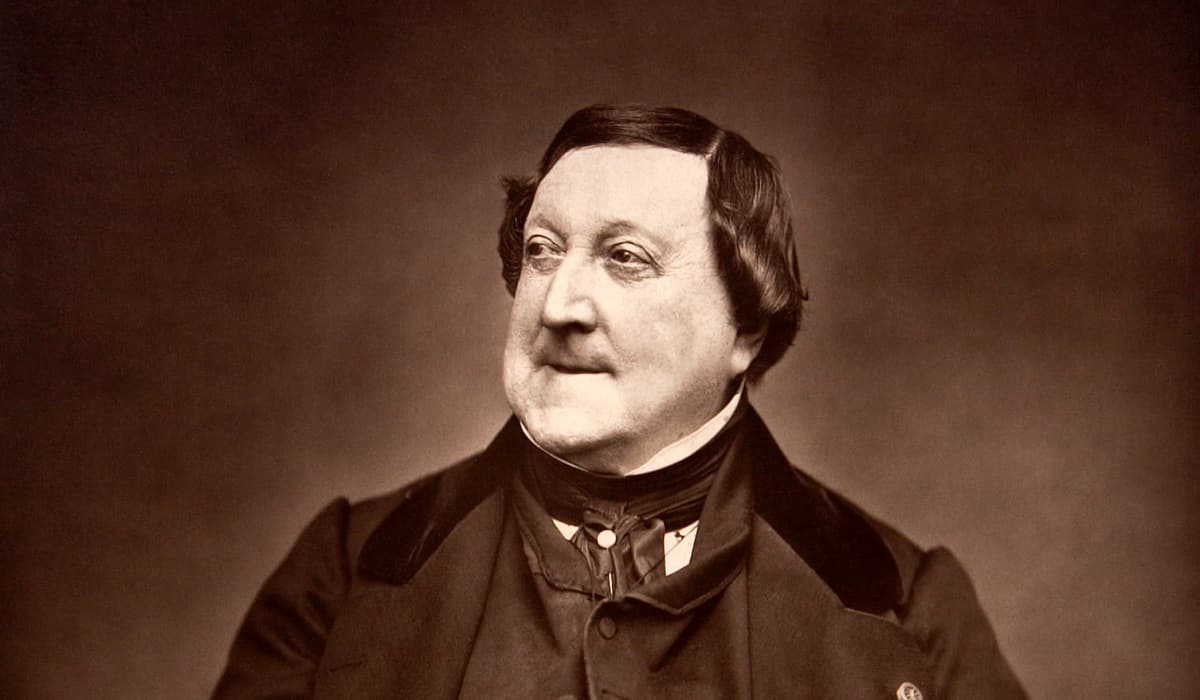
Gioachino Rossini – Biography and Life
Gioachino Rossini, born on February 29, 1792, in Pesaro, Italy, is celebrated as one of the most influential and prolific composers of the 19th century.[…]
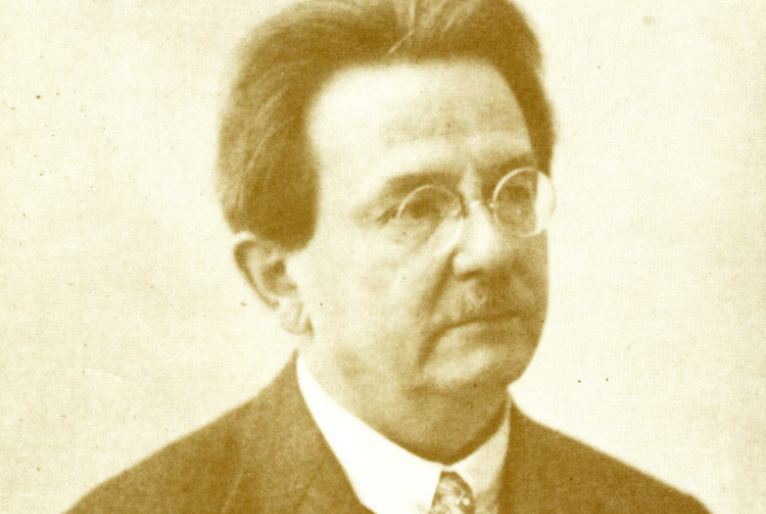
Franz Schmidt – Biography and Life
Franz Schmidt, an Austrian composer, organist, pianist, and cellist, was born on December 22, 1874, in Pressburg, Austria-Hungary (now Bratislava, Slovakia). He emerged as a[…]

10 Fascinating Facts about Amy Marcy Beach
Amy Marcy Beach was a prominent American composer and pianist, recognized for her contributions to classical music in the late 19th and early 20th centuries.[…]
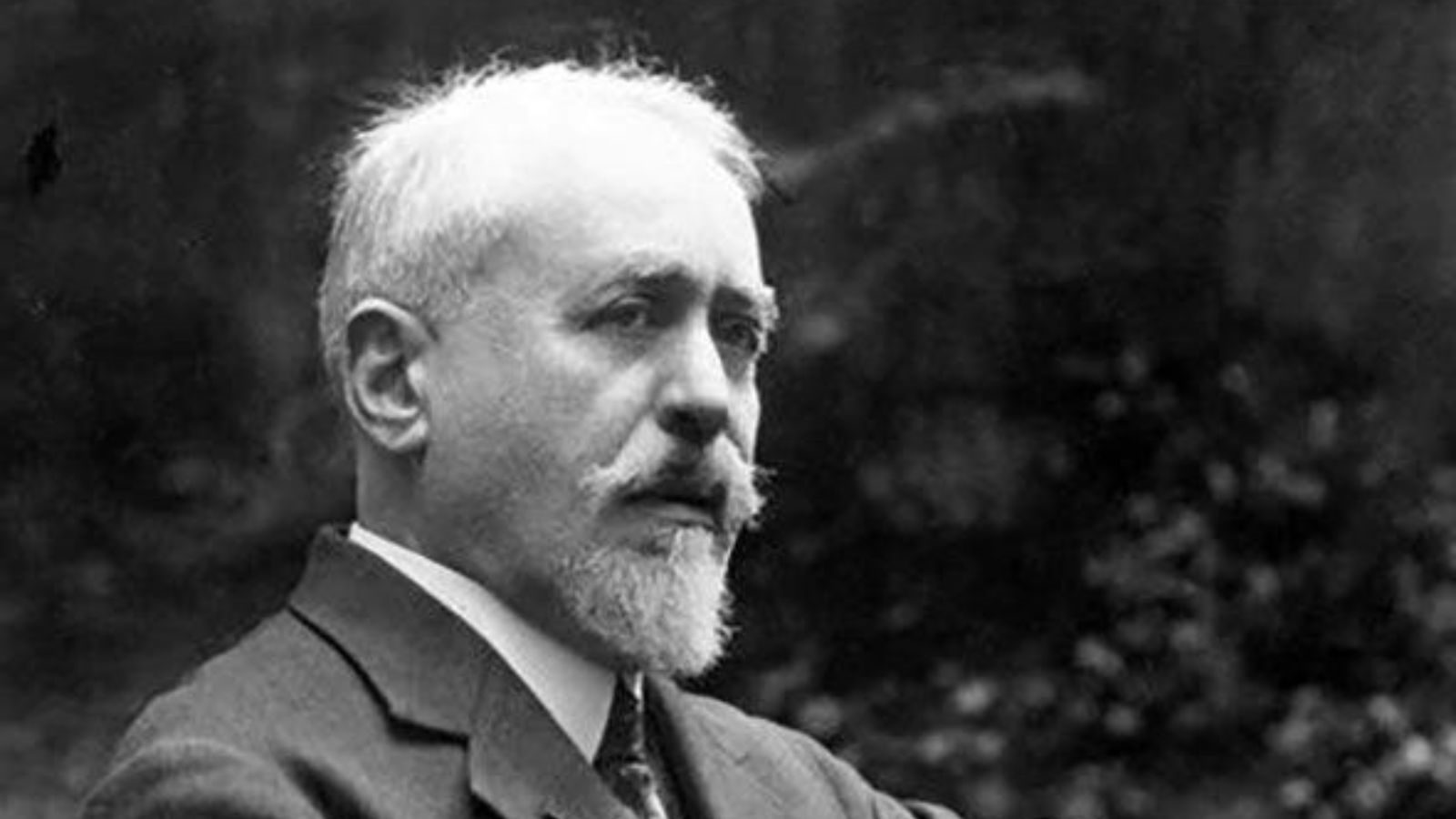
Paul Dukas – Biography and Life
Paul Dukas, a luminary in the realm of classical music, was born on October 1, 1865, in Paris, France. His life, though less prolific in[…]
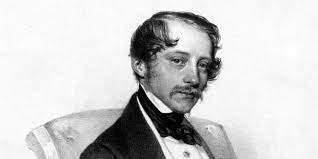
Otto Nicolai – Biography and Life
Otto Nicolai, a luminary in the realm of 19th-century music, was born on June 9, 1810, in Königsberg, Prussia (now Kaliningrad, Russia). His life’s narrative[…]

Scott Joplin – Biography and Life
Scott Joplin, often dubbed the “King of Ragtime,” was a pioneering American composer and pianist whose innovative compositions forever changed the landscape of American music.[…]
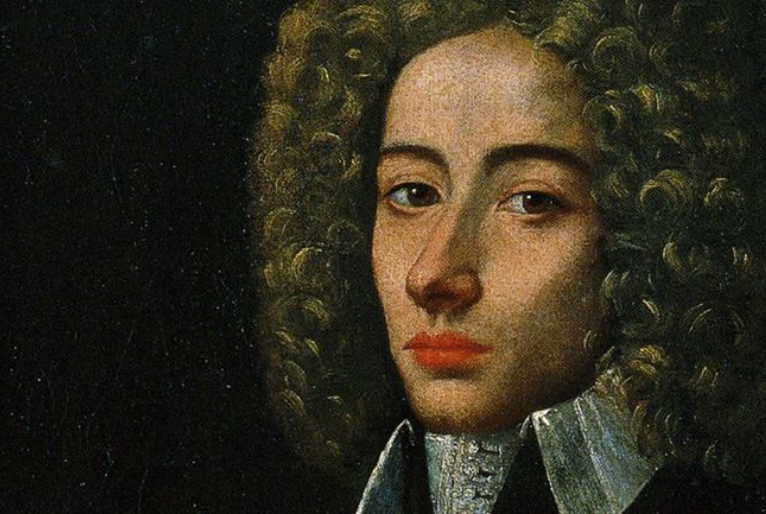
Giovanni Pergolesi – Biography and Life
Giovanni Battista Pergolesi, one of the most renowned composers of the Baroque era, was born on January 4, 1710, in Jesi, Italy. Despite his short[…]
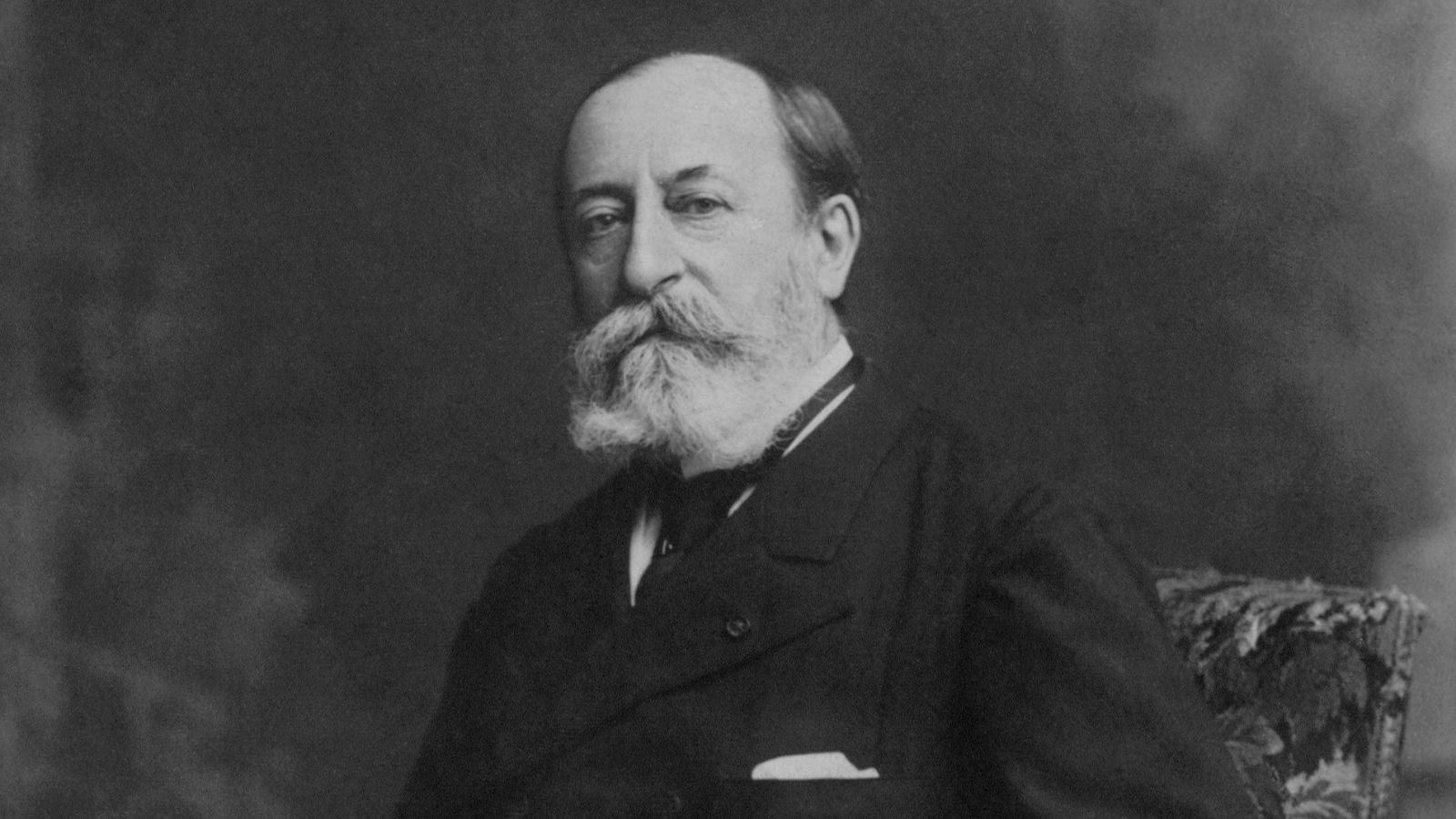
10 Fascinating Facts about Camille Saint-Saens
1 – Musical Prodigy: Born on October 9, 1835, in Paris, France, Camille Saint-Saëns displayed remarkable musical talent from an early age. He started playing[…]